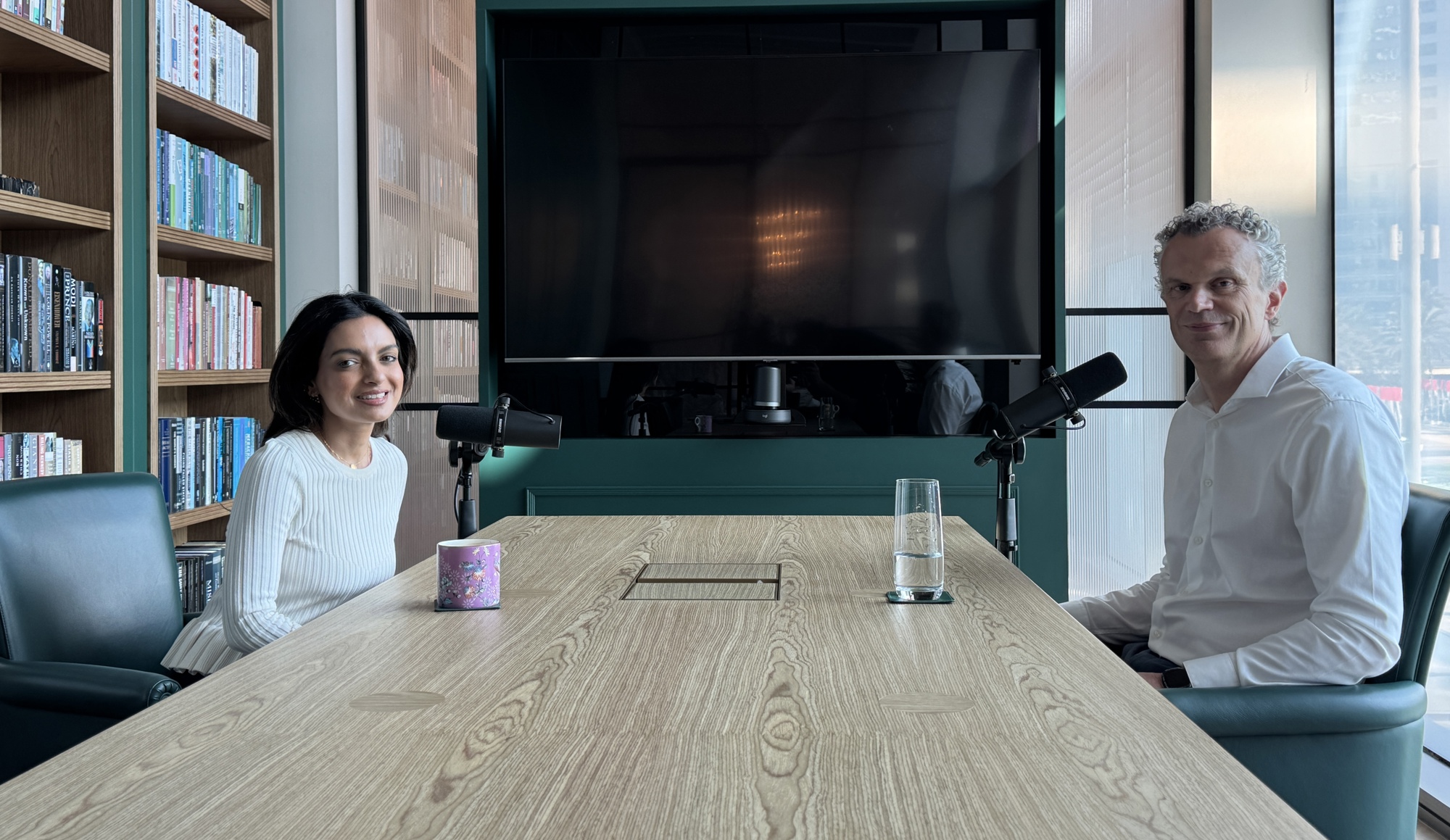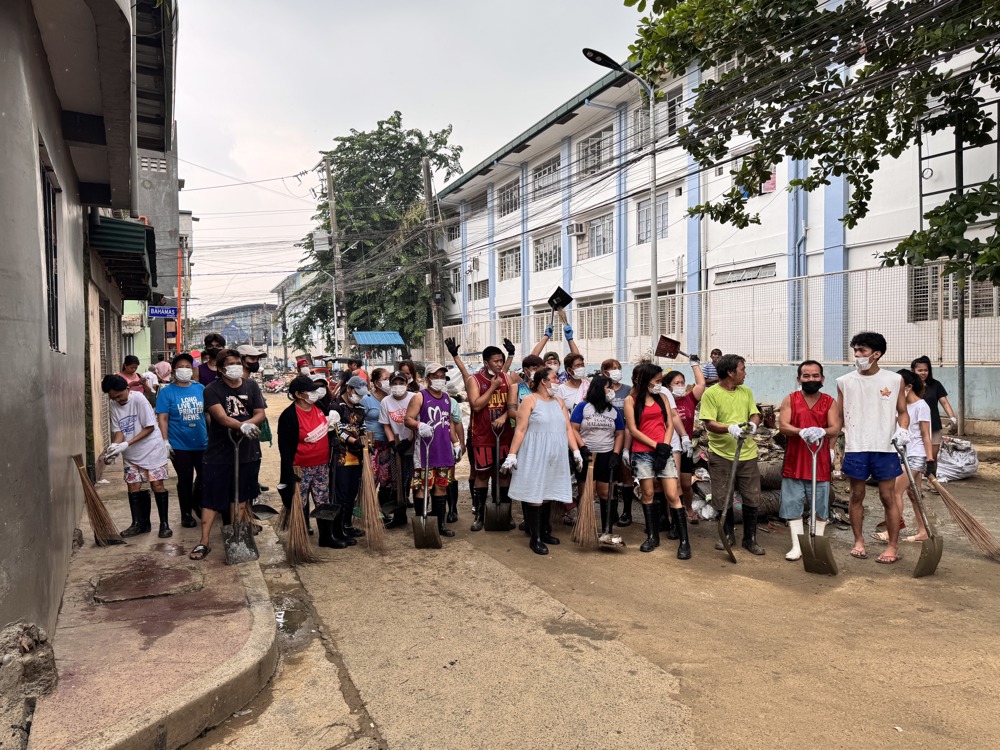Local funding, global impact

The Legatum Foundation, the
philanthropic arm of Legatum,
a Dubai-based investment giant,
has made a name for itself by
creating dynamic collaborative
funds targeting a range of social
issues from modern slavery,
neglected tropical diseases, and
out-of-school children.
Now building on more than a decade of impact through the Freedom Fund, the End Fund, and the Luminos Fund, Legatum
is
launching a fourth vehicle,
the Resilio Fund, dedicated
to providing microgrants to
frontline NGOs working
humanitarian settings.
Resilio, which is due to be
officially launched in 2025, aims
to mobilise US$100m in its first
five years to support grassroots
organisations based in a range
or crisis zones including Somalia,
Ethiopia, Sudan, Myanmar, the
Philippines, and Lebanon.
The idea, explained Legatum
Foundation's president, GuyCave,
in an interview with Circle’s
podcast, Shaping Philanthropy, is
to target humanitarian response
directly to affected people, rather
than rely on funding to trickle
down through institutions.
“We’re supporting a very local
approach that’s looking at
getting behind what communities
are already doing to help them-
selves,” he said. “These micro-
grants are totally what we would
call ‘trust based’ - they can spend
however they think is right.”
Resilio, like Legatum’s other fund
s, was tested first as a pilot in
2021. Since then it has worked
across half a dozen countries,
including Myanmar, where village
communities displaced by aerial
bombardments were able to
receive cash for food within 24
hours, and in Sudan, where youth
volunteers have mobilised to
help communities affected by
violent conflict.
“At a practical level, it’s fast and
efficient, because with cash
people can buy things locally,”
Cave said. “It also means they
have a real sense of ownership,
and it gives them dignity.” And he
added that post-grant evaluations
had also shown how many
recipients had used first grants
to fund survival but then moved
towards strengthening their
resilience to be better prepared
for future disasters.
During the interview, recorded at
Legatum’s HQ in Dubai
International Financial Centre
(DIFC), Cave also talked about
how another of the Foundation’s
pilot programmes, a justice
initiative targeting people stuck
in pre-trial detention, was helping
to reduce overcrowding in
Ugandan prisons.
Other topics explored in the inter-
view include the importance of
measuring impact (not just
"input") and how good partner-
ships are key to
effective collaboration.
"We have a big focus on impact. I think often philanthropy people talk about input and how much is given... But we really want to look at what (positive) impact the money has had. What is the return on
investmentimpact?"
Guy Cave, president, Legatum Foundation

A community clean-up operation
after flooding in Marikina, in the
Philippines, which was supporte
d by the Resilio Fund.
Photo: Legatum Foundation.

No comments:
Post a Comment